
Professor of Chemistry, Columbia University @columbiauniversity.bsky.social
Research: Physical Macromolecular Chemistry
Associate Editor: Chemical Science @chemicalscience.rsc.org
www.somoscampos.org
🇲🇽🇺🇸 (he/him)
Luis M. Campos is a Professor in the Department of Chemistry at Columbia University. Campos leads a research team focused on nanostructured materials, macromolecular systems, and single-molecule electronics. .. more

pubs.acs.org/doi/10.1021/...
www.monetcci.org
advanced.onlinelibrary.wiley.com/doi/10.1002/...
Reposted by Luis M. Campos

Professor Li will be handling research on electrochemical energy storage and batteries.
Reposted by Luis M. Campos

Thank you so much to all of the attendees for joining us for a wonderful exploration of sensing, diagnostics and bioimaging!
We will be closing out the day with our publishing panel and a very special invited talk from Chris Chang!
Reposted by Luis M. Campos
Reposted by Nobuhiro Yanai

smartconf.jp/content/ispf...
Reposted by Luis M. Campos

Register and submit your abstract by Monday 8 September at: rsc.li/chemscisymp2025
Reposted by Luis M. Campos
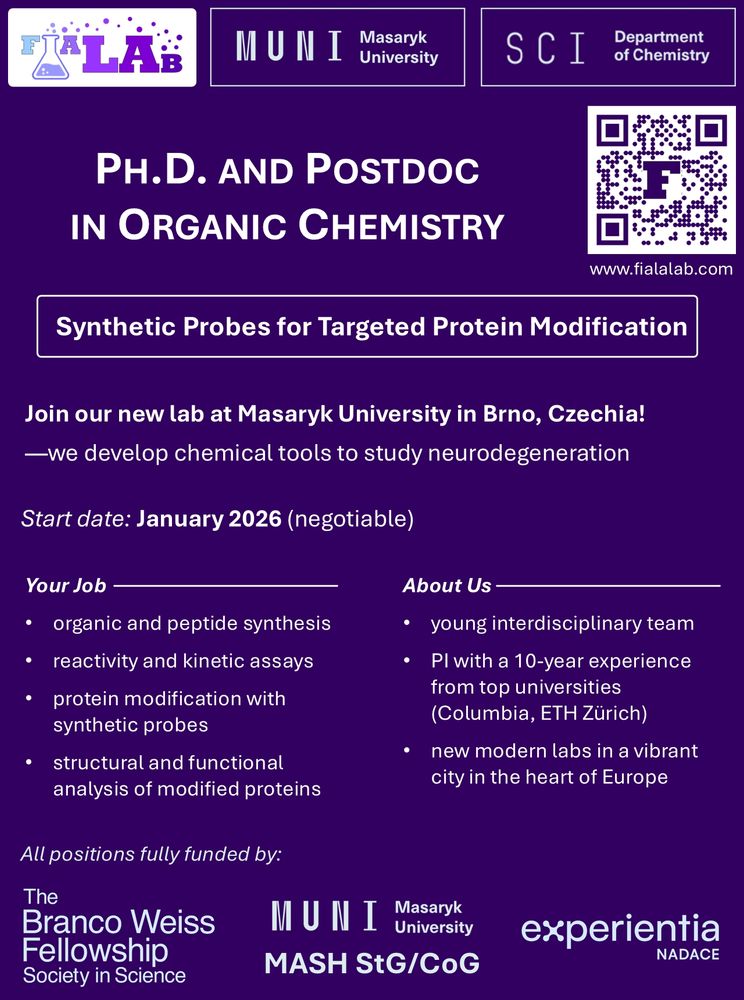
Appreciate sharing!
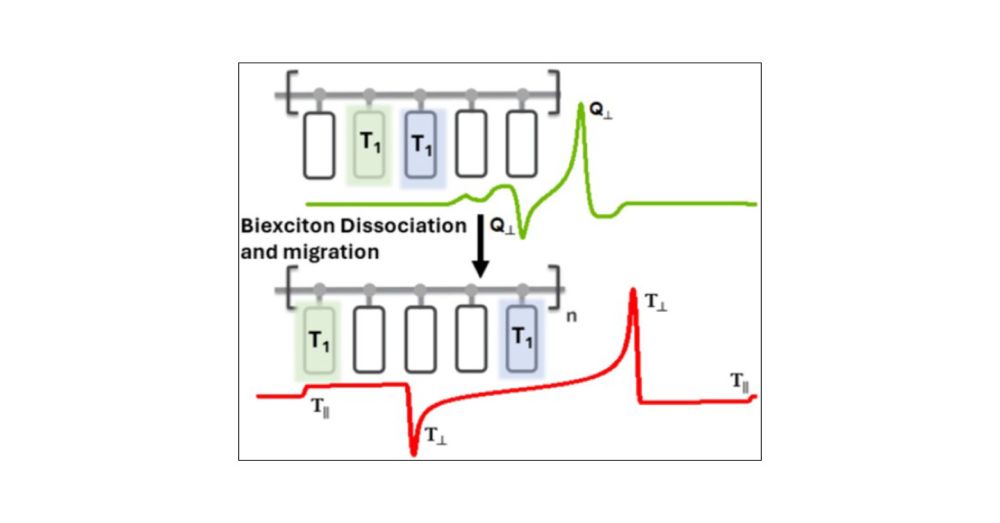
pubs.acs.org/doi/10.1021/...
Reposted by Luis M. Campos

Reposted by Luis M. Campos
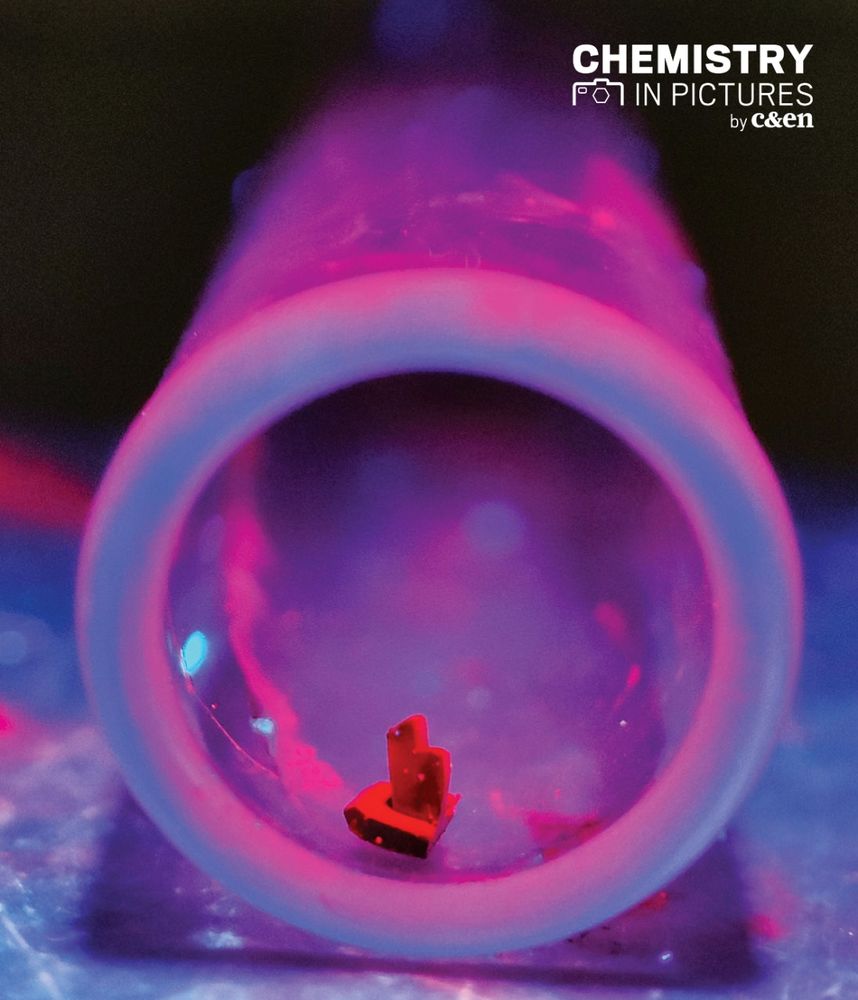
#CENChemPics #FluorescenceFriday #chemsky 🧪
Reposted by Luis M. Campos
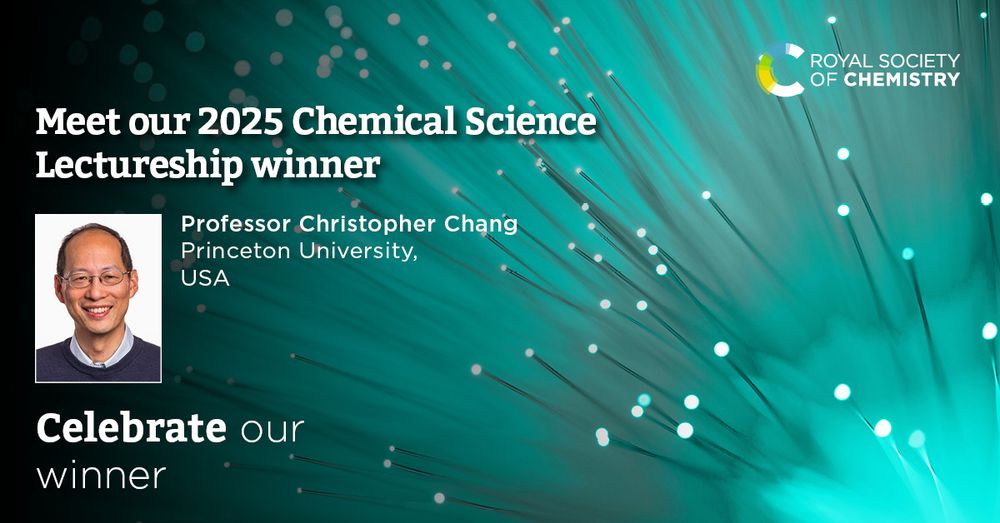
Chris will deliver his Lectureship at the 2025 #ChemSciSymposium on 18-19 November in London, UK: rsc.li/chemscisymp2025
#ChemSky #🧪
Reposted by Luis M. Campos
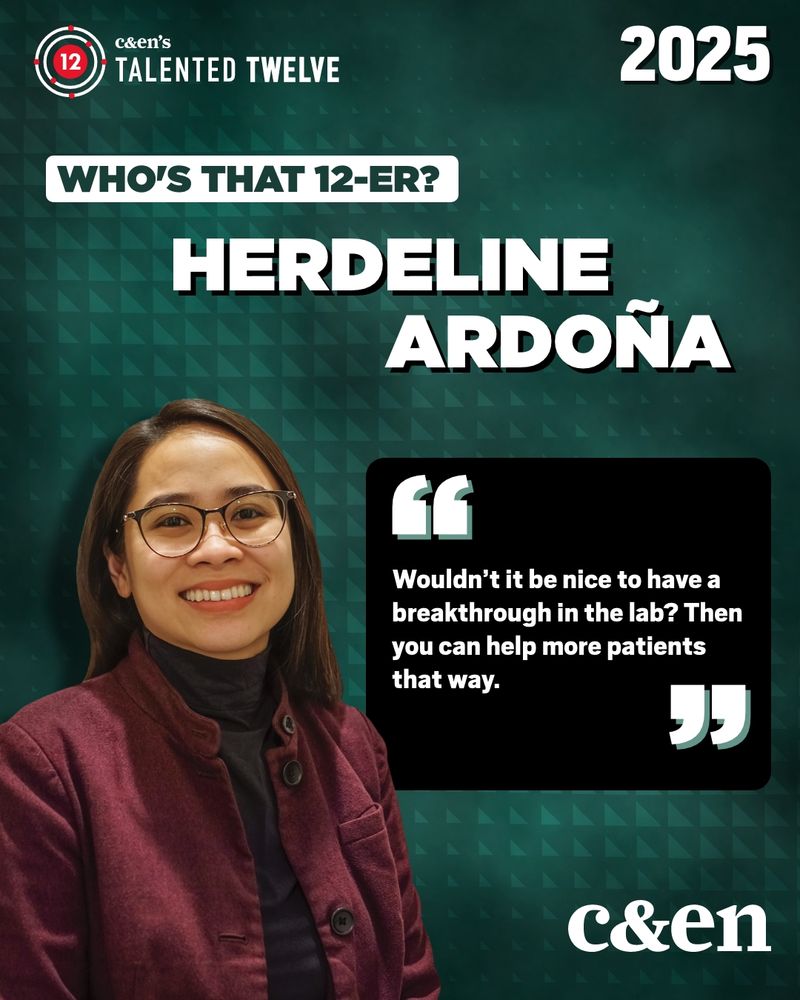
#CENT12 #chemsky 🧪
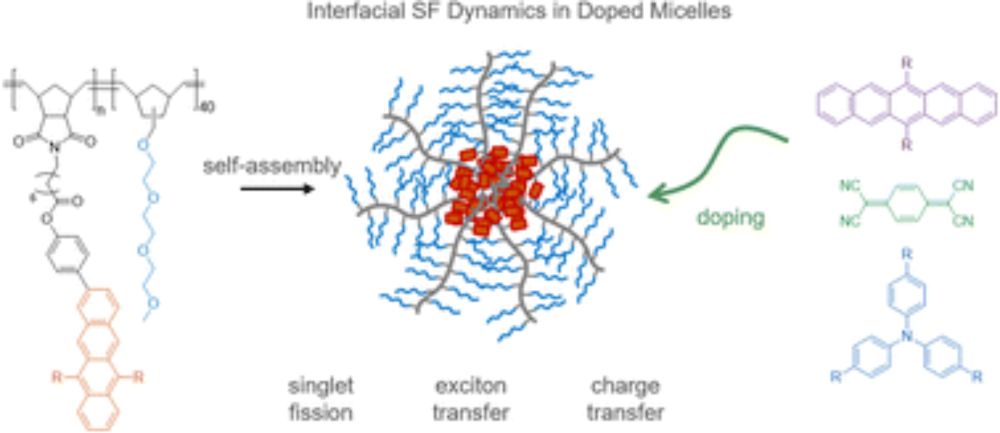
pubs.rsc.org/en/content/a...
Reposted by Luis M. Campos
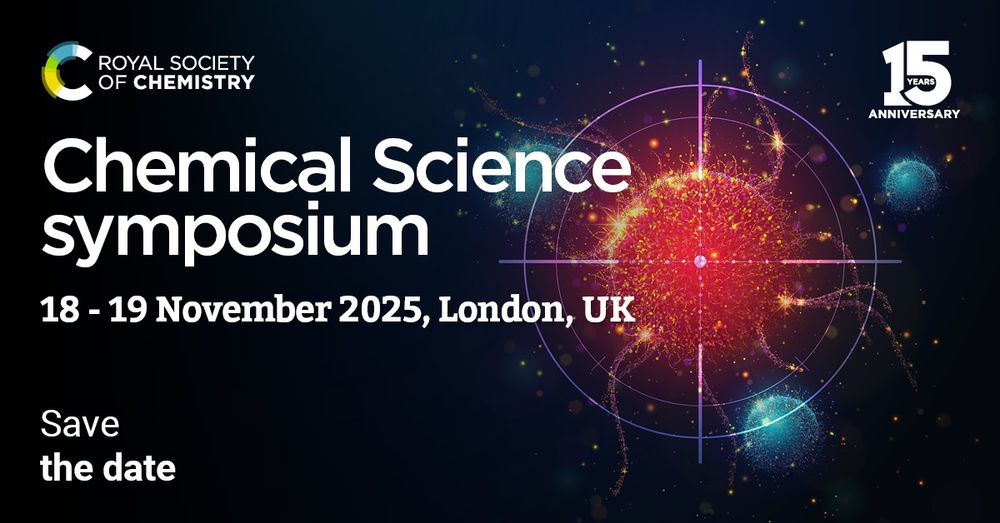
Alongside celebrating 15 years of the journal, the winner of our first Lectureship will be presenting their research!
Find out more: rsc.li/chemscisymp2025
#ChemSky 🧪
Reposted by Luis M. Campos
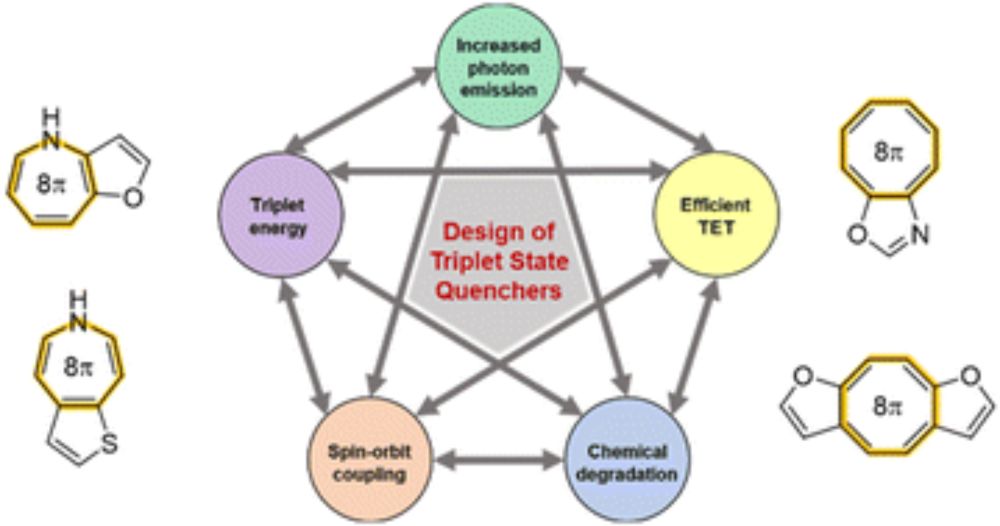
Reposted by Luis M. Campos
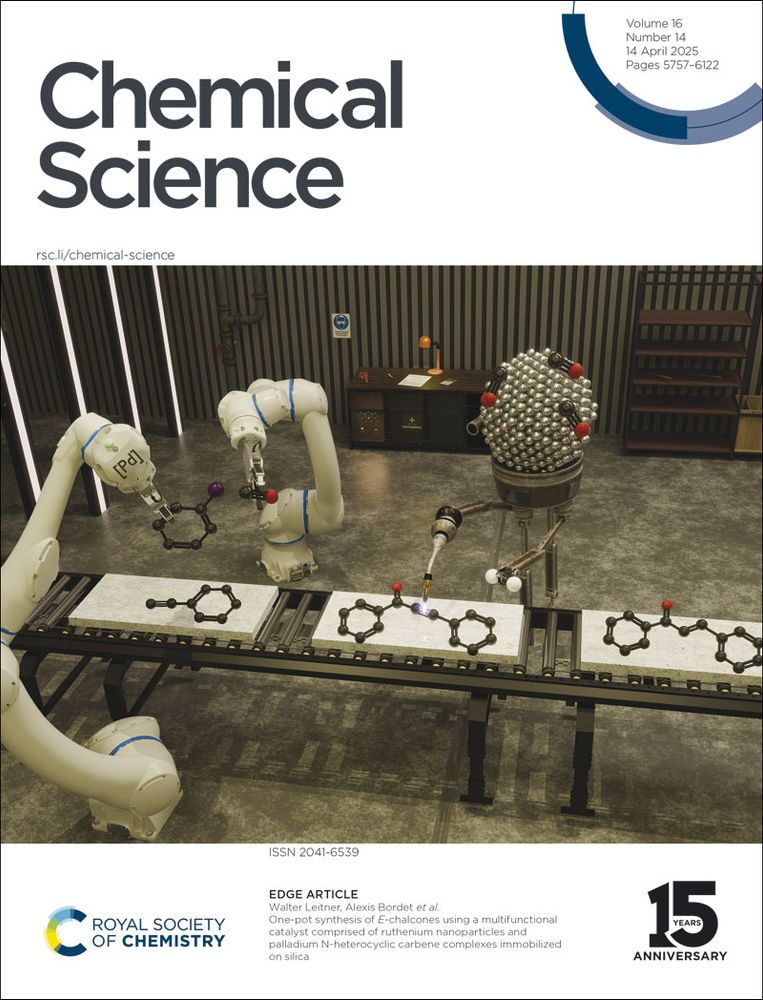
'One-pot synthesis of E-chalcones using a multifunctional catalyst comprised of ruthenium nanoparticles and palladium N-heterocyclic carbene complexes immobilized on silica'
doi.org/10.1039/D4SC...
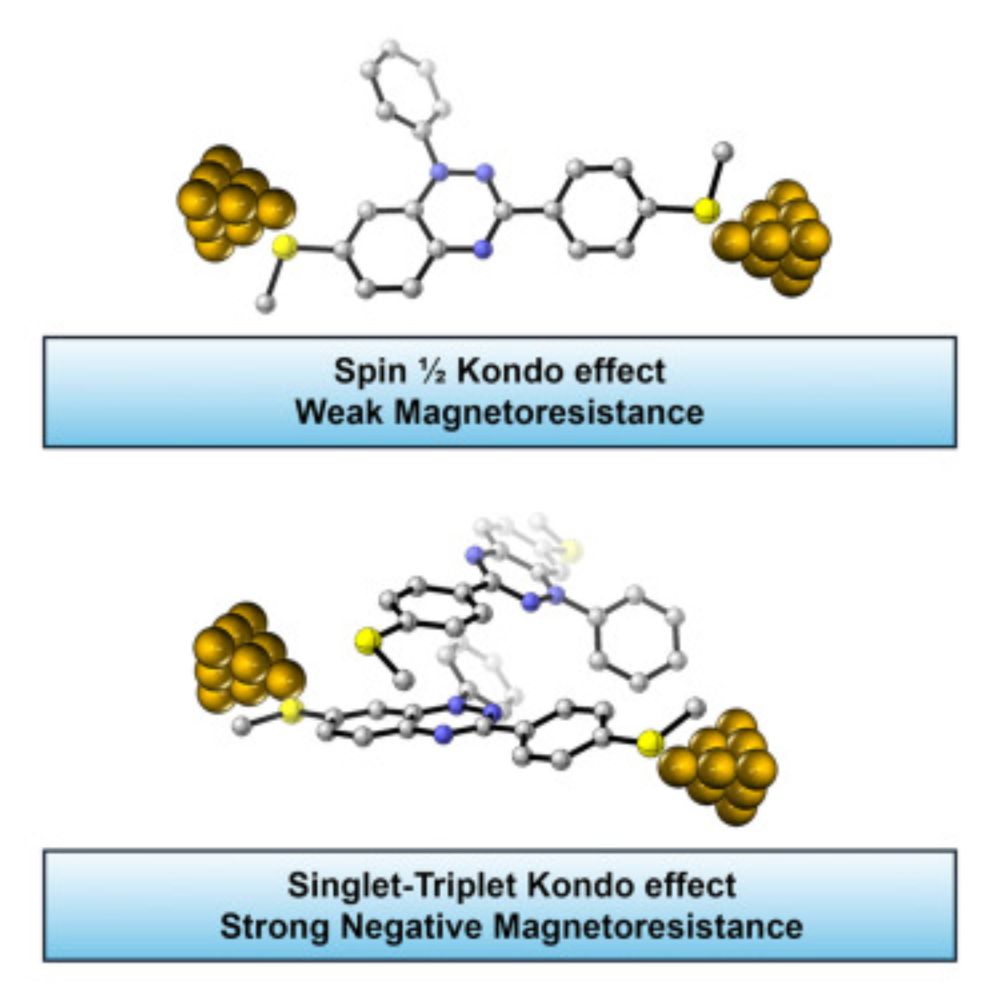
Check out this paper that resulted from an awesome collaboration! @cellpress.bsky.social
www.sciencedirect.com/science/arti...
Reposted by Luis M. Campos
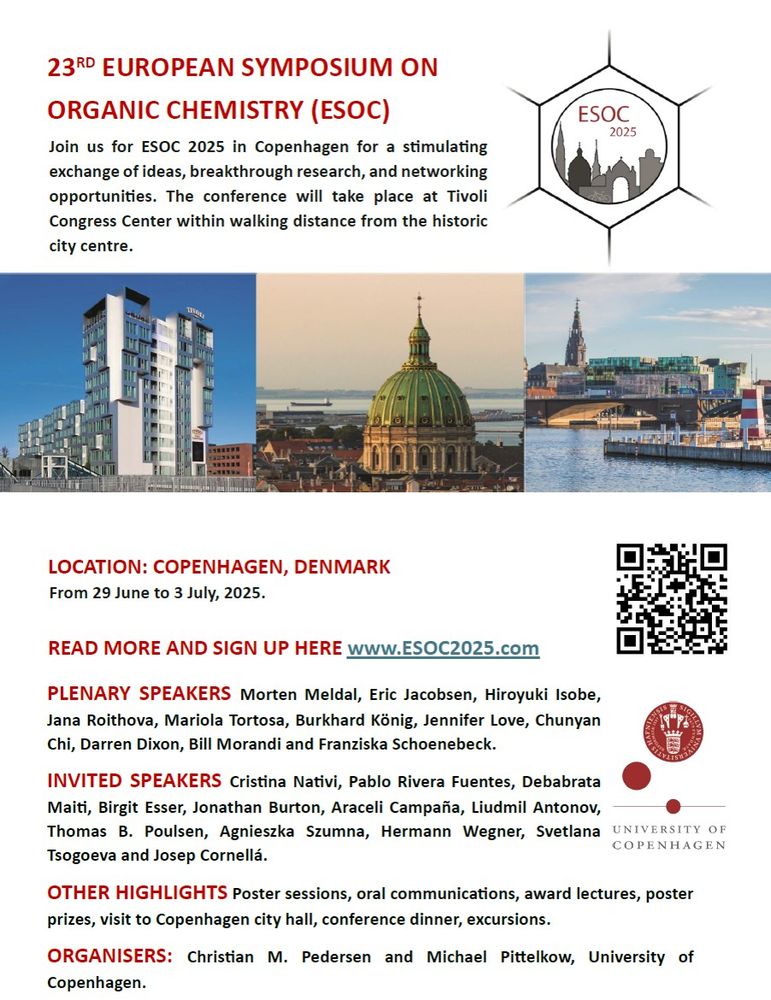
Reposted by Luis M. Campos
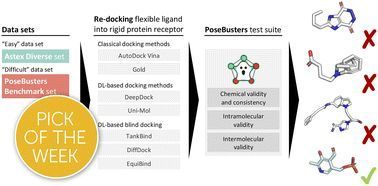
Reposted by Luis M. Campos
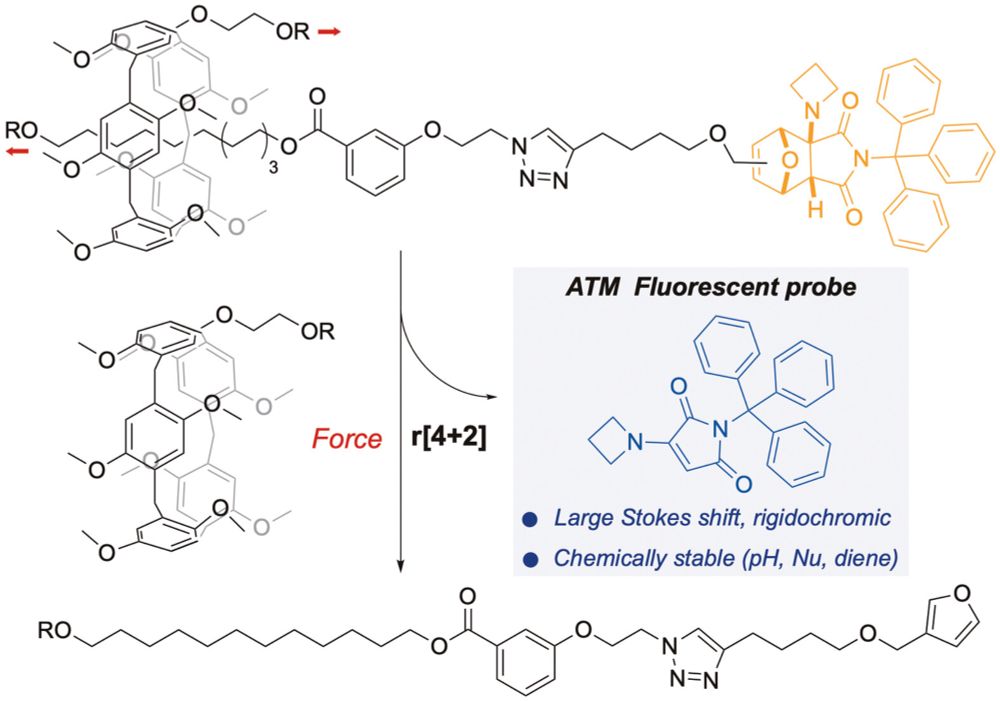
Great work from @mengjiaowu.bsky.social now as a #hotpaper in @angewandtechemie.bsky.social
#chemsky #OA
onlinelibrary.wiley.com/doi/10.1002/...
Reposted by Luis M. Campos

rsc.li/chemsci-lect...
Reposted by Luis M. Campos
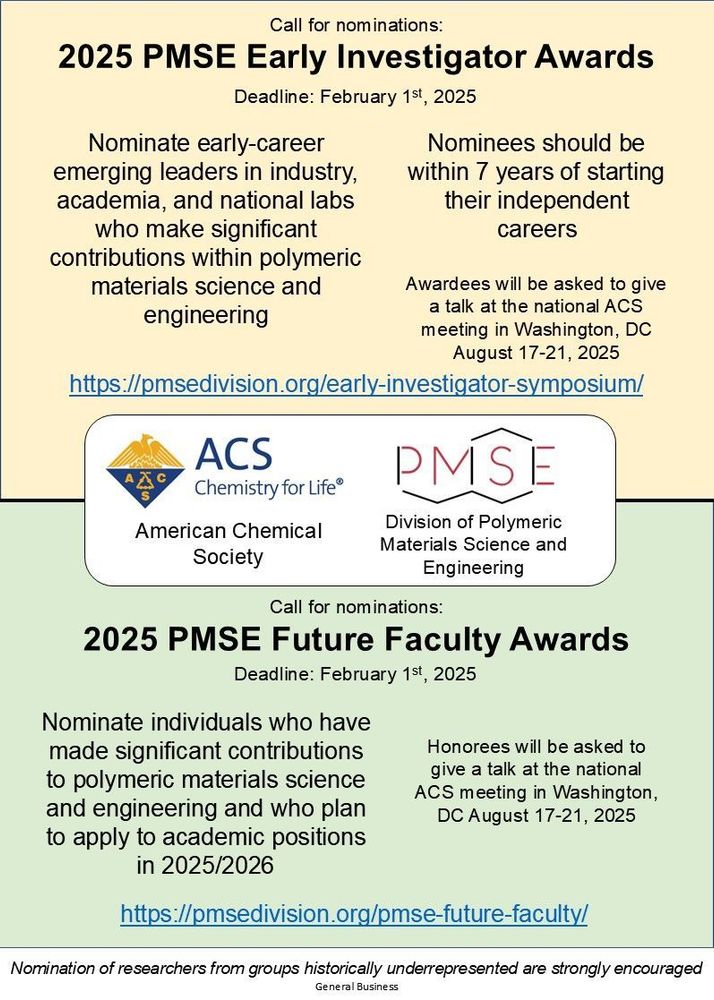
#ACS #PMSE Early Investigator: pmsedivision.org/early-invest...
ACS PMSE Future Faculty: pmsedivision.org/pmse-future-...
Reposted by Luis M. Campos
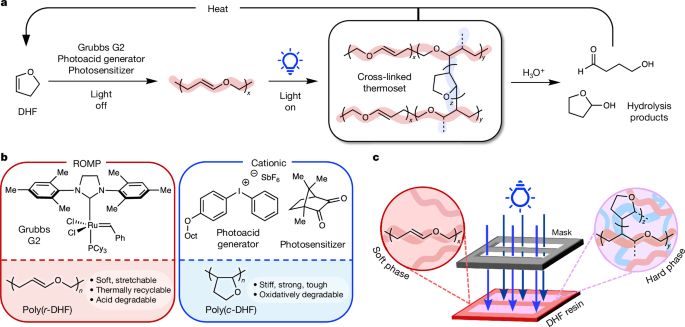
we’re slowly migrating… follow for more updates!
Reposted by Luis M. Campos
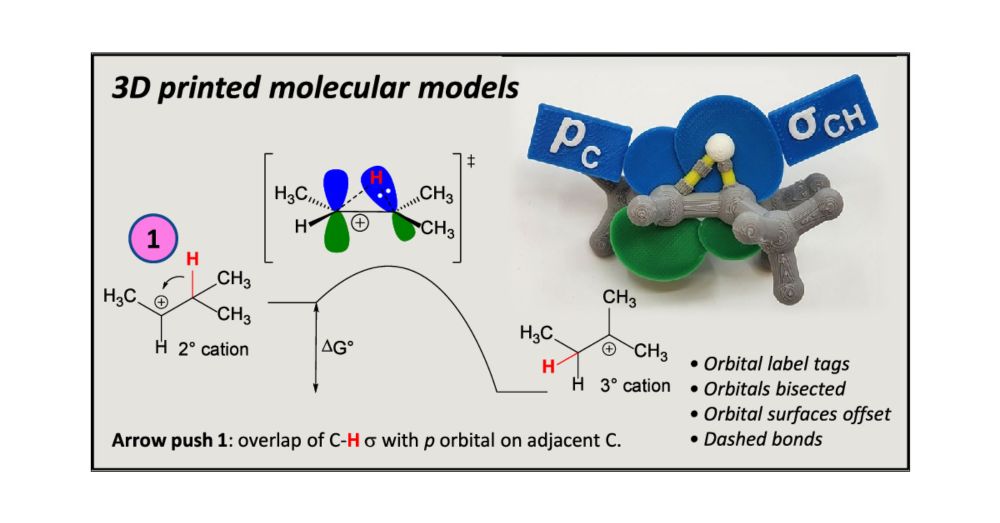
#ChemSky #CompChemSky #3DP #3Dprint #3DModels 🧪
Reposted by Luis M. Campos
Reposted by Luis M. Campos
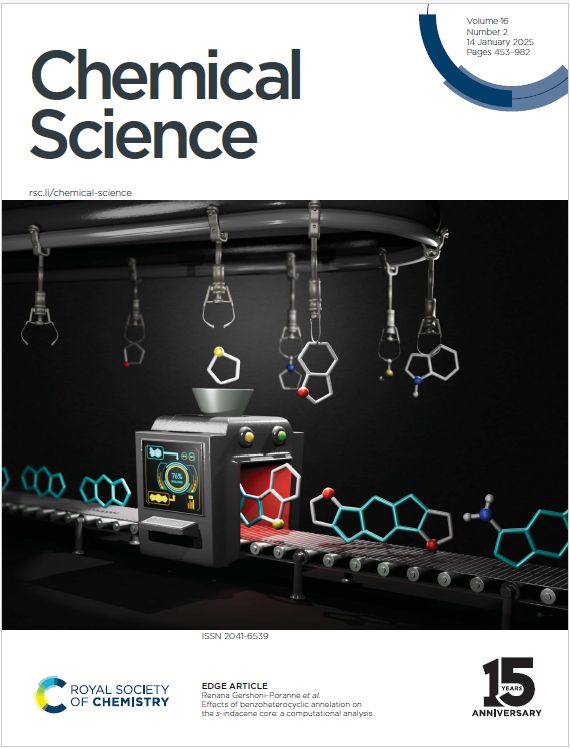
It's the indenofluorene machine!!! 🏭
HUGE thanks to Vitalii Stetsovych for the amazing artwork (and for putting up with me) and to Roi Poranne for finishing touches! 😍
pubs.rsc.org/en/content/a...
With @uohaleylab.bsky.social @judywuchem.bsky.social


